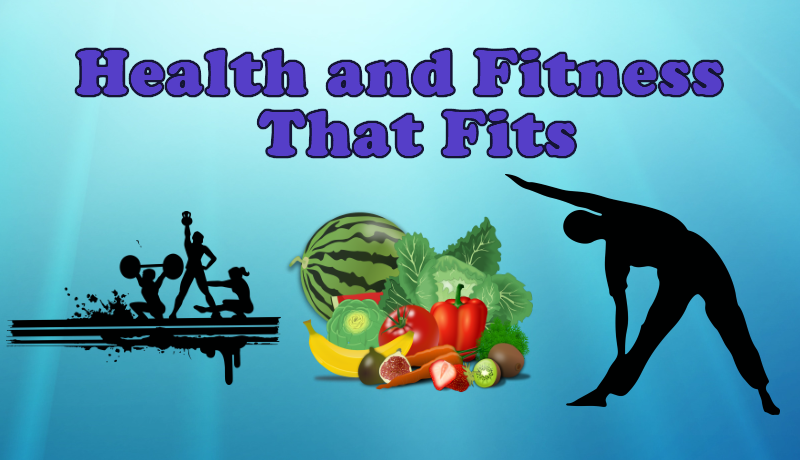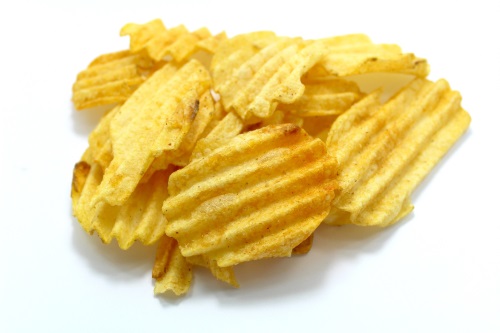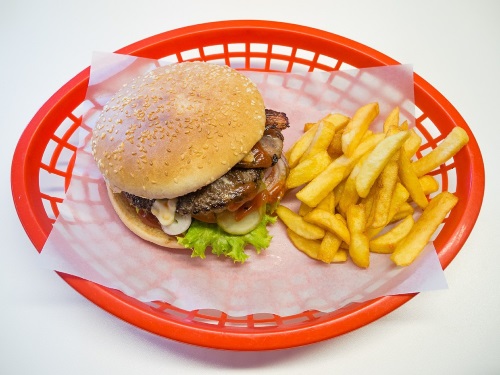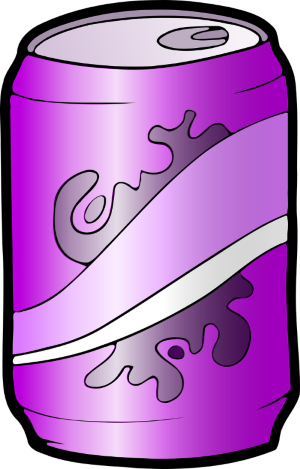The Worst Unhealthy Eating Habits

Using food as a coping mechanism for life's problems can lead to some very unhealthy eating habits.
Preferably, food really should provide bodily fuel and nothing more. When you eat for fuel, you make healthy food choices and you eat just enough to gratify hunger. People with undesirable eating habits do not observe the body's healthy biochemical hormones that notify us in the event we are hungry and when we are full. This is regularly a major condition for emotional eaters that use food as a coping solution for life's difficulties and unpleasant emotions.
Emotionally charged eating can have destructive consequences on one's self-worth and obviously, food in no way deals with any difficulties or relieves emotions. Alternatively, eating because of emotions merely packs more difficulties besides what currently exist.
Many overeat bad high-fat foods when stressed, gloomy, alone, or heartbroken. This reactionary habit of overeating food when difficulties happen also results in a sense of guilt, shame, and lower self-esteem as the eater is without the coping capabilities to handle life in a healthy fashion and intuitively figures out that food is not a remedy.
There really are ways you can tell if you are eating healthy or unhealthy simply because those who have an aspect of harmful habits will demonstrate these 10 indicators of unhealthful eating-- or at the very least most of them.

Listed below are ten unhealthy eating habits that each and every one really should stay away from and are often times signals that a person has an undesirable interrelation with food:
1. Eating in Front of the TV
Anytime you sit down facing the television to eat, the emphasis on what and just how much you are ingesting is lower than the attention of the television program and you often overeat, over stuffing yourself as opposed to eating just to eliminate hunger.
2. Eating Sweet or Salted Foods
Both of these,along with foods that are high in fat, can be the comfort foods that afford you with a brief perception of contentment but that do not produce a long-lasting time frame of satisfaction. These types of foods are consumed in sizeable excess throughout periods of anxiety, despair, loneliness, or as a way to cope with any concern or stressed situation that may arise in your life. You generally go back for more merely to feel at ease again.

3. You Eat a Lot of Your Food Later at Night
In these instances, food has become a way to endure daily stress factors. You miss your morning meal, eat a light lunch and whenever the stressors of the day have accumulated, you take out your store of food stockpiles to console the mind and body, instead of just to fill your stomach. Food eaten at night time is eaten when your metabolic state is lower so much more of this food becomes fat.
4. You Prefer to Eat by Yourself
Deep down, you understand what you are engaging in is bad so rather than have food as part of a social networking encounter, food is your guilty pleasure to be taken when you are by yourself and when nobody is near to condemn you or see what you are doing. Whenever you eat on your own, it continues being your "dirty little secret."
5. You Employ Food as an Incentive
Food enters into your everyday reward system. You explain to yourself that when you have concluded a project or accomplished some objective that you will have something wonderful to eat as a "bonus" for good conduct. The foods you choose as an aspect of your reward system tend not to be healthy veggies and fruits but instead are convenience food.

6. You Connect Food With Guilt
Food is a thing to be ashamed of when you are eating unhealthy. Shortly after you eat, you feel guilty about what you have done, much the same approach as a drug addict or alcoholic senses after going on a bender.

7. You Have no Relationship Between Gaining a Full Stomach and the Need to Put an End to Eating
Because you disregard body alerts when you are eating unhealthy, you eat until you are overstuffed and literally uncomfortable. You don't recognize when your body has been correctly fed and continue feeding it anyway.
8. You Establish Unhealthy Food Options.
Unwholesome eaters forget that you need a proportion between healthy proteins, complex carbohydrates, and fats. Actually, you eat foods that deliver empty calories so you are not only badly fed but you put on weight eating the wrong kinds of foods. High fat and sugar foods activate "feel good " compounds in the brain, and this type of food does energize pleasure areas in the brain, so it eventually becomes very easy to depend on your absolute favorite donut to feel nicer after a confrontation with a companion or co-worker.

9. You See Food as a Buddy
You spend more time thinking about food as a contentment measure and as something to eat when you want company. Rather than choosing friends and family to soothe you when you are under pressure, you rely on food, which never tends to let you down.
10. You are Fat or Obese.
You don't turn out obese when you are rigorously using physical signs for desire for food and gratification and you accidentally eat way too much. Eating to console feelings does cause obesity and the wide range of unwanted effects that follow that type of weight increase.
There definitely are psychological factors that can contribute to eating disorders just as well as other illnesses. If you feel you are affected by some of the habits mentioned above, be sure to get some help from a qualified professional because your health is definitely at risk.

